Most pet owners are as prepared as possible with routine pet care, stocking up on preventive medications, and staying up-to-date on veterinary immunizations. A hurricane is something no one wants to experience, let alone prepare for. But for Floridians, properly prepping for a potential tropical storm or hurricane could save valuable minutes, or a life—including your pet’s. The time to get organized isn’t the night before the storm hits—it’s now. At Narcoossee Oaks Animal Hospital, our team is dedicated to helping your pets stay safe. Here are our top tips for disaster preparedness.
Create a disaster prep kit
One of the simplest, most effective ways to prepare your family for a natural disaster is to prepare a bag or container with essential and useful items, keeping your two-legged and four-legged household members in mind. Some items we recommend include:
- Dry and canned food and water stored in airtight containers—enough to last each pet at least three days
- Food and water dishes
- Veterinary records, including vaccinations, illness diagnoses, and medications, sealed in a waterproof bag or container
- Medications and supplements, including flea and tick preventives
- First aid supplies and a pet first aid reference book
- A leash, collar or harness, and muzzle, if necessary
- Pet waste bags, litter, newspaper, and sanitation supplies, such as a diluted bleach solution
- A flashlight with additional batteries
- A towel and washcloth
- A pet crate or carrier, if leaving with your pet attached to a leash is not practical
- Treats, toys, blankets or other items that will comfort your pet
- A recent photo of you with your pet, to help prove your ownership should your pet become lost
Get your pet microchipped
Identification tags are the tried and true method to quickly identify a dog or cat, and should always be used. But, in emergency situations, you may not have time to snap on your pet’s collar, or the collar may become lost. For these reasons, microchipping your pet is the way to go. Our veterinary team will safely and comfortably use a specialized needle to place under your pet’s skin a unique microchip that provides permanent identification for your pet, and peace of mind for you. If your pet is already microchipped, now is the time to ensure their registration information is up to date and connected to your current address and phone number.
Decide on an action plan
Since each hurricane is different, you will have to develop your action plan as the storm unfolds. Pay close attention to your local news outlets and radio stations for guidance on sheltering in place or evacuating. If you plan to stay home, ensure your pets remain indoors—never leave them chained or confined outdoors. If you need to evacuate, plan your route ahead of time, keeping in mind locations of veterinarians and public shelters, and whether they allow pets.
Prepare for pet behavior changes
Animals are sensitive to changes in weather patterns, noise, and stress. They may pick up on your anxiety, and behave differently. Normally calm, gentle pets may become aggressive or attempt to dig, flee, or otherwise behave in a destructive manner. Keep a close eye on your pets during this time, and never leave them unattended outdoors.
Know where to look if your pet goes missing
In the unfortunate event that your pet becomes lost, don’t panic. Plenty of state and local animal response organizations, with FEMA’s help, are always hard at work, searching for and rescuing stranded animals as soon as disaster strikes. Our local animal welfare organizations, along with the Osceola Emergency Management Agency, should be your first point of contact should your pet go missing.
The Narcoossee Oaks Animal Hospital team is committed to keeping your pets safe and secure during hurricane season and beyond. For help creating your disaster prep kit or to set up an appointment for wellness care, contact our veterinary team.


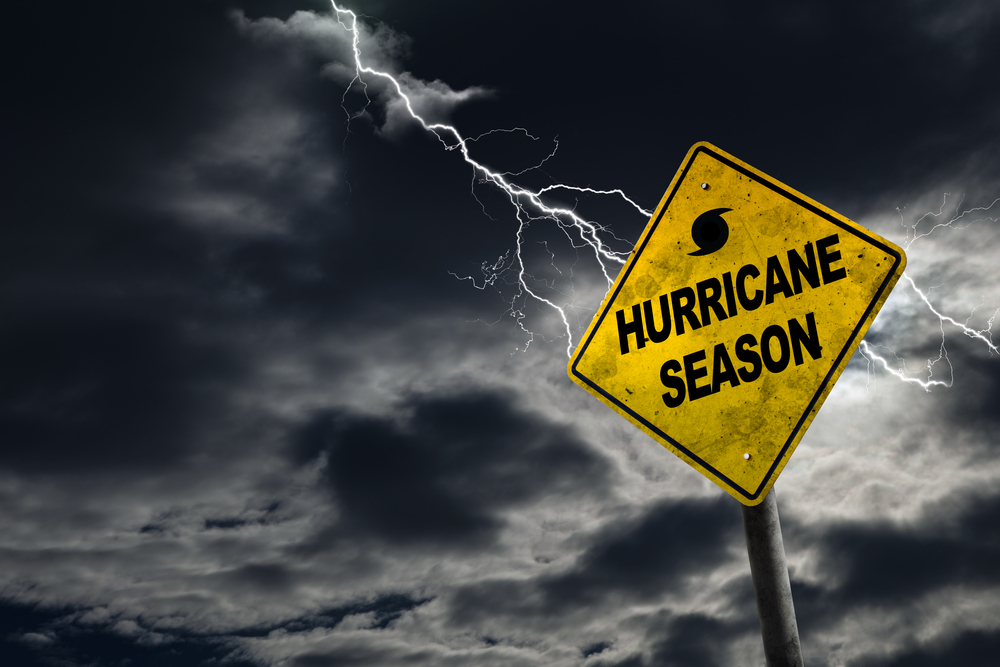
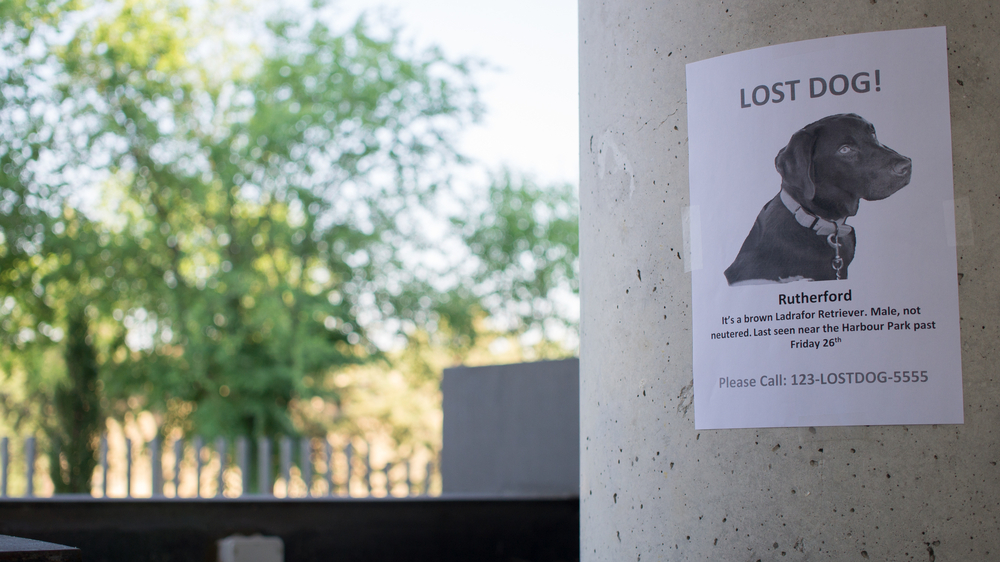
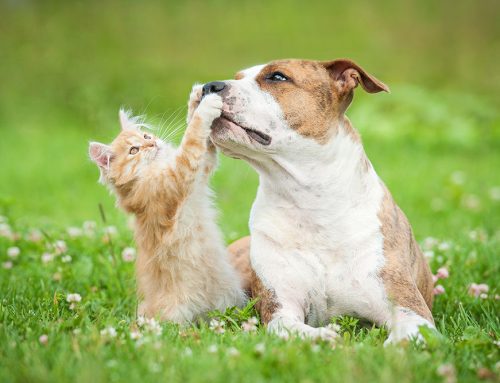
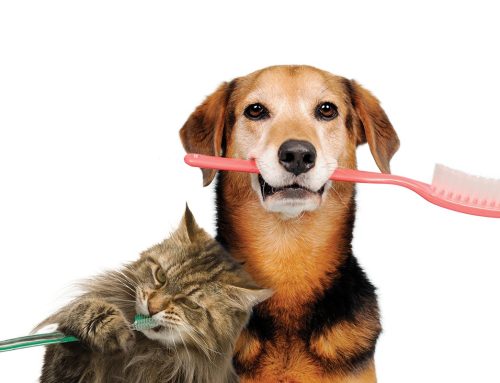

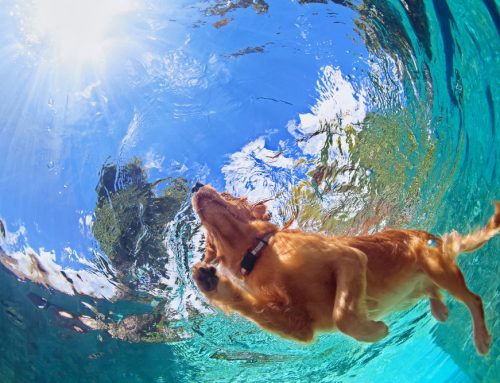
Leave A Comment